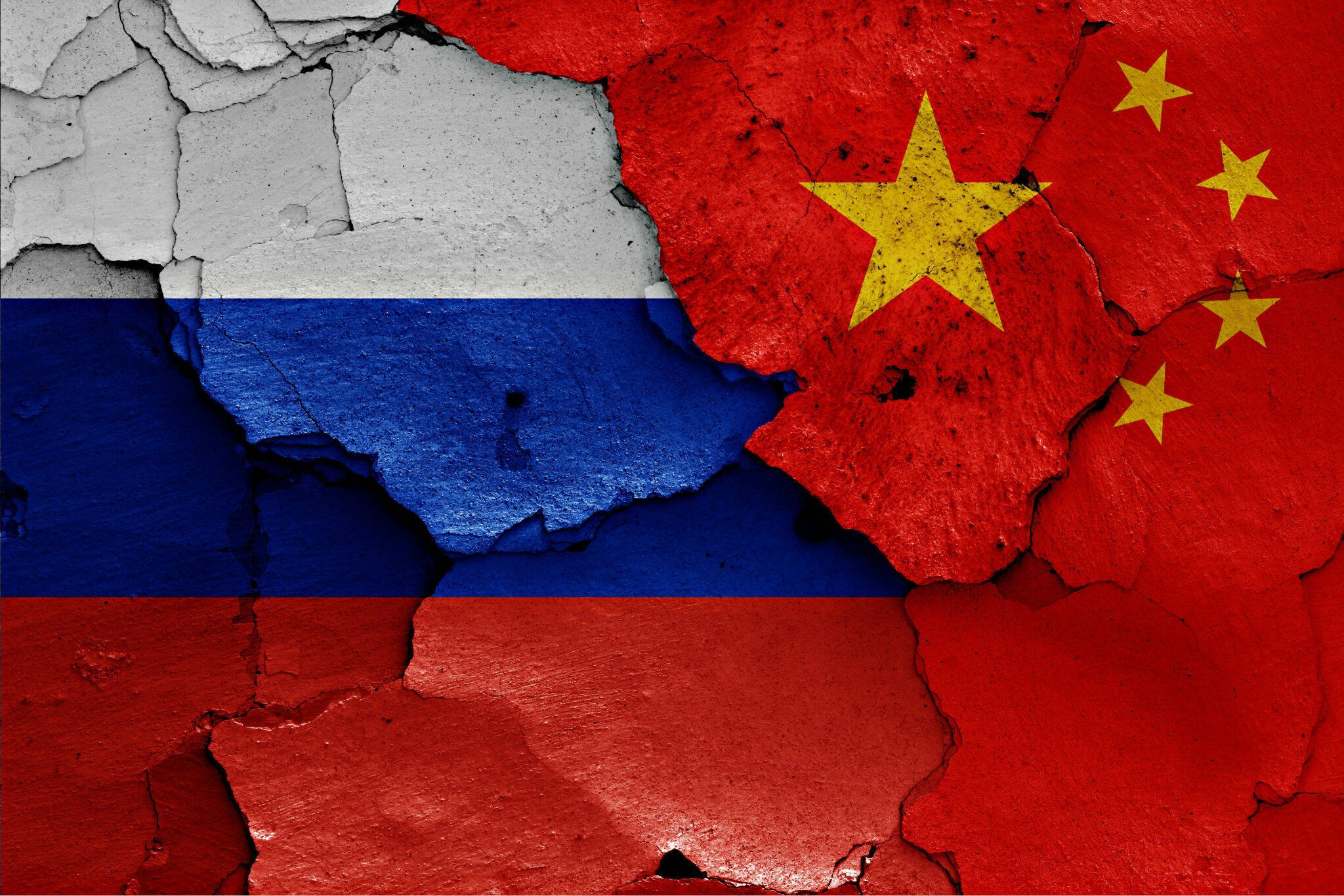Chinese CPUs To Feature In Servers Made By Sanctioned Russian Company

If you have an enormous appetite for risk, we have just the hardware for you, from Russian outfit Norsi-Trans, powered by China’s Loongson.
Norsi-Trans bills itself as making “the best hardware and software solutions network systems and business intelligence and production of server equipment for data storage and network services.”
The US Department of State has a different view: in February 2023 it rated the company as one of the few Russian organizations capable of developing and manufacturing the hardware and software uses for its System for Operational-search Measures (SORM) surveillance systems. Moscow deploys SORM for warrantless surveillance of its citizens and compels telcos to install the necessary kit.
SORM kit has been deployed as part of Russia’s illegal invasion of Ukraine.
Norsi-Trans CEO Sergei Anatolyevich Ovchinnikov therefore earned himself a place on the USA’s list of individuals sanctioned due to their assistance of the invasion.
We offer that background on Norsi-Trans as last week Russian business outlet Коммерсантъ (Kommersant) chatted with Ovchinnikov, who told the publication his company has sourced 100 CPUs from China’s Loongson and is working to integrate them into servers, PCs, and storage arrays.
Loongson makes modest MIPS-compatible CPUs using an architecture of its own creation that we have previously described as “RISC-V-MIPS fan fiction”. The company’s most recent benchmark dump suggests its silicon is about four generations behind the best Intel or AMD has to offer.
Whatever Norsi-Trans packs into a server may not therefore result in the most capable kit imaginable.
The Russian hardware company has reportedly tapped an outfit named BaseAlt that develops a Linux-based OS called “Viola” to provide an OS for Loongson. BaseAlt has already ported Viola to Huawei’s Arm-based Kunpeng processors.
- Chinese Loongson chips coming in 2023, on par with 2020 x86 kit
- China's road to homegrown chip glory looks to be going for a RISC-V future
- US adds Inspur – friend to Intel, IBM, Cisco and hyperscalers – to export ban list
- Arm reveals just how vulnerable it is to trade war with China
News of Norsi-Trans’s plans is significant because in late 2022 China appeared to have banned Loongson exports to Russia, despite the nation’s increasingly-close relationship.
If Beijing has lifted that ban, Moscow is a little closer to accessing tech that goes some way towards addressing the effect of import sanctions.
However the mere fact that Norsi-Trans is even making the attempt to build Loongson-powered servers suggests those sanctions are working. ®
From Chip War To Cloud War: The Next Frontier In Global Tech Competition
The global chip war, characterized by intense competition among nations and corporations for supremacy in semiconductor ... Read more
The High Stakes Of Tech Regulation: Security Risks And Market Dynamics
The influence of tech giants in the global economy continues to grow, raising crucial questions about how to balance sec... Read more
The Tyranny Of Instagram Interiors: Why It's Time To Break Free From Algorithm-Driven Aesthetics
Instagram has become a dominant force in shaping interior design trends, offering a seemingly endless stream of inspirat... Read more
The Data Crunch In AI: Strategies For Sustainability
Exploring solutions to the imminent exhaustion of internet data for AI training.As the artificial intelligence (AI) indu... Read more
Google Abandons Four-Year Effort To Remove Cookies From Chrome Browser
After four years of dedicated effort, Google has decided to abandon its plan to remove third-party cookies from its Chro... Read more
LinkedIn Embraces AI And Gamification To Drive User Engagement And Revenue
In an effort to tackle slowing revenue growth and enhance user engagement, LinkedIn is turning to artificial intelligenc... Read more

